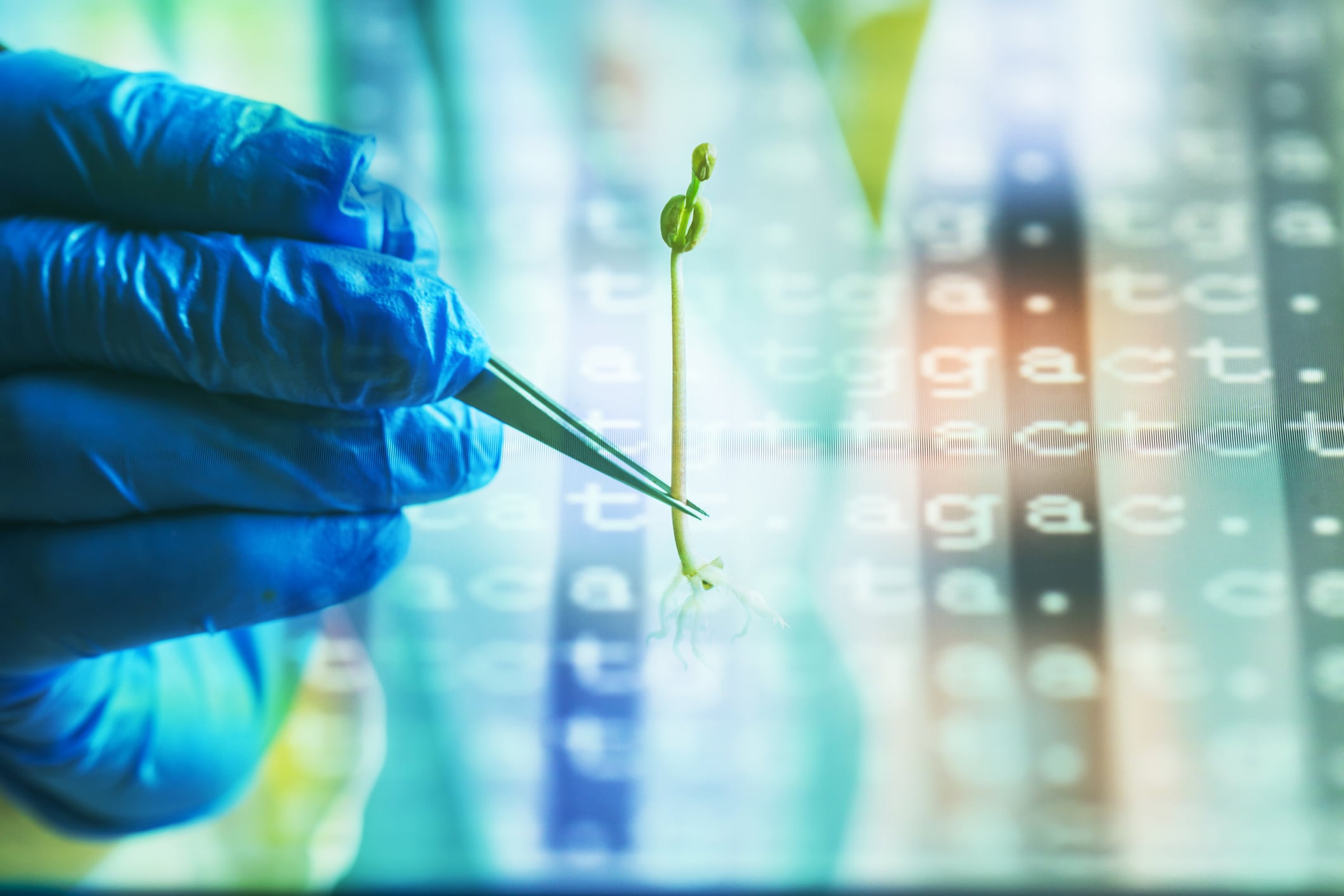Genetically modified (GM) foods have long been a point of contention in Japan, with consumers generally maintaining a cautious and wary attitude towards the entire sector. Primary concerns have been for food safety and biodiversity impacts.
The government on the other hand has been attempting to change public perception of GM foods for many years, including implementing new GM food regulations and publishing yearly reports on the safety of GM crops and cultivation sites, mainly focused on soybean and rapeseed, since 2006.
In recent years, more attempts were made to push for gene-edited foods instead, in hopes of this being more acceptable – GM tech involves the introduction of foreign DNA to an organism, whereas gene-editing involves the modification of existing DNA.
But despite its decades of work, new data gathered via a Consumer Affairs Agency (CAA) survey has shown a continued lack of knowledge among consumers, even regarding the existence of or differences between GM and gene-editing.
“The report was based on 10,000 responses from consumers of various ages, from their teens to their seventies, from all over Japan,” CAA stated via formal documentation.
“When asked what they knew about foods made using genome editing technologies, over half (51.5%) of all consumers responded that they had never heard of it or knew what it was.”
In addition, 41.1% of consumers responded that they had ‘heard of it but did not know what it was’, whereas just 7.3% – just 730 out of 10,000 respondents – said they understood what this was.
“Beyond this, of all the 48.4% (41.1% + 7.3%) of consumers that had heard of gene editing technology, only 26.9% had the correct understanding of what this is and its safety as edible foods,” the report added.
“When asked whether they knew these foods were different from GM, had genetic mutations within a naturally-occurring range, and that these were classified as being just as safe as conventional foods, 73.1% answered ‘No’.”
This lack of knowledge is a big hurdle, as one major reason Japan is keen to push for GM or gene-edited food acceptance is to open up the market to faster-growing crops with higher yield, so as to improve local food self-sufficiency rates.
Japan has suffered from poor food security and a low self-sufficiency rate for decades due to its high dependence on food imports, a weakness that became extremely glaring in recent years due to events such as the COVID-19 pandemic and the Russia-Ukraine war.
Since then, the government has been attempting to implement various strategies to improve in this area, but has had to tread extra carefully around the issue of GM foods due to opposition from local consumer groups.
GM foods have strong potential to solve many of Japan’s food security challenges – One of its major challenges has been its wheat supply which was heavily impacted by the Ukraine war, a challenge that could be alleviated by using GM wheat variants to increase current local wheat production.
In addition, rice is a major staple in this market and many variants of GM rice that have higher yield and pest resistance already exist that could also help to improve productivity.
However, given the new findings in the CAA report, much more effort needs to be put into raising consumer awareness on this topic – and the government may need to consider different, more compelling strategies than annual GM crop safety reports and regulatory changes.
2024 GM crops report
That said, the Japanese Ministry of Agriculture, Forestry and Fisheries (MAFF) recently published its latest findings from FY2024 on GM crops found in the country.
Unsurprisingly, the results were similar to those from all previous years since 2006: No evidence was found regarding the spread of genetically modified soybean or rapeseed genes to conventional soybean and rapeseed plants.
The GM organisms also did not show any growth expansion beyond the confines of its own area to affect the growth or nutrient uptake of conventional soybean and rapeseed plants.
“We can confirm that no hybridisation was observed between the GM and conventional plants, and the results of the FY2024 survey have shown that there is no risk of biodiversity being affected by GM rapeseed and GM soybeans,” MAFF stated.
“MAFF will continue to conduct this survey from FY2025 onwards to verify any risk to local biodiversity, and will continue to enhance our scientific knowledge regarding the impact of GM crops and other products.”





